Uganda
Uganda's parliament on Tuesday passed an amended version of an anti-LGBT+ law that had sparked outrage from many NGOs and Western governments in which it maintained harsh penalties for same-sex relationships and the "promotion" of homosexuality.
Faced with the international outcry, President Yoweri Museveni asked parliamentarians on April 26 to "re-examine" the text, urging them to clarify that "being homosexual" was not a crime but that only sexual relations were.
The elected officials heard him on this provision. The new version of the text, consulted by AFP, stipulates that "a person who is presumed or suspected to be homosexual, who has not committed a sexual act with another person of the same sex, does not commit the crime of homosexuality.
In this country where homosexuality is illegal, "acts of homosexuality" are still punishable by life imprisonment. This penalty has existed since a law dating back to British colonization.
Parliamentarians also maintained, against the advice of the head of state, a provision making "aggravated homosexuality" a capital offence, which means that repeat offenders can be sentenced to death. The death penalty has not been used in Uganda for years.
A provision on the "promotion" of homosexuality also worries gay rights organizations.
According to the law, anyone - individual or organization - who "knowingly promotes homosexuality" can be sentenced to up to 20 years in prison. If it is an organization, it risks a ten-year ban.
- "Culture to be protected" - Parliamentarians also amended a provision on "the duty to report acts of homosexuality" which, according to Yoweri Museveni, presented "constitutional challenges and could be a source of conflict in society.
The reporting requirement, which carries a penalty of five years in prison, is now limited to suspected sexual offences against children and vulnerable persons.
"We have a culture to protect. The western world will not come and rule Uganda," said the Speaker of Parliament, Annet Anita Among, after the vote on the text, which was approved unanimously minus one vote.
The bill must now go back to the president, who may or may not sign it into law. If he were to send it back to parliament again, a "super-majority" of two-thirds would allow legislators to validate the text definitively.
Frank Mugisha, executive director of Sexual Minorities Uganda, a gay rights organization whose activities were suspended by the authorities last year, is not reassured by this amended version.
"There is a contradiction because the legislation says you can be gay but you should not say anything about it," he told AFP.
The unanimous vote of the text "shows how extreme and homophobic the deputies are and puts LGBTQ people in even more danger," he stressed.
The law enjoys broad popular support and opposition reactions have been rare in this country ruled with an iron fist since 1986 by Yoweri Museveni, where repression against civil society, lawyers and activists has increased in recent years, according to many human rights organizations.
- Economic "consequences" -Homophobia is widespread in Uganda, as it is across East Africa.
While there have been no prosecutions for homosexual acts in recent years, harassment and intimidation are a daily occurrence for homosexuals in Uganda, where an evangelical Christianity has developed that is particularly vehement against the LGBT+ movement.
After the vote of the first version of this law on March 21, the UN, Amnesty International, the United States, the United Kingdom, and the EU had urged Museveni not to promulgate this text.
The White House warned Uganda of potential economic "consequences.
The UN High Commissioner for Human Rights, Volker Türk, denounced the text as "discriminatory - probably the worst of its kind in the world.
In a resolution on April 20, MEPs deplored "President Museveni's contribution to the rhetoric of hatred towards LGBT+ people", adding that "relations between the EU and Uganda will be threatened if the President enacts the bill".



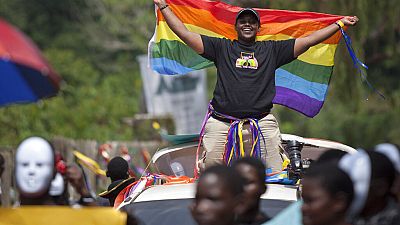

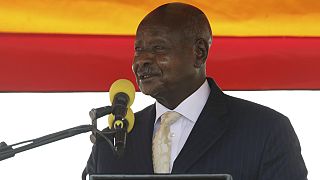
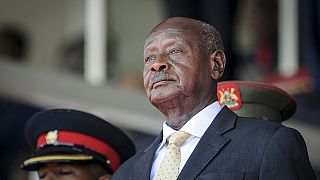
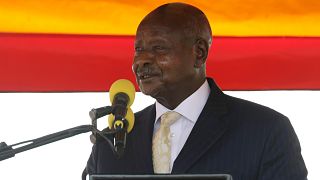
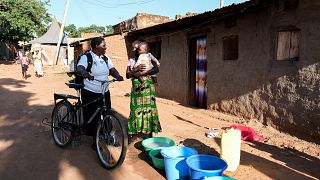



01:04
Uganda secretly sends hundreds of troops to DR Congo - UN experts
Go to video
Tanzania’s Prime Minister steps down ahead of elections
01:00
Pix of the Day: July 3, 2025
Go to video
’Black Empowerment’ law stalls Elon Musk's $113 million investment in SA
Go to video
In Kenya, 90% of packaged food needs health warning label under new rules
00:52
Nigeria’s Peter Obi to contest 2027 election, opposition coalition in jeopardy